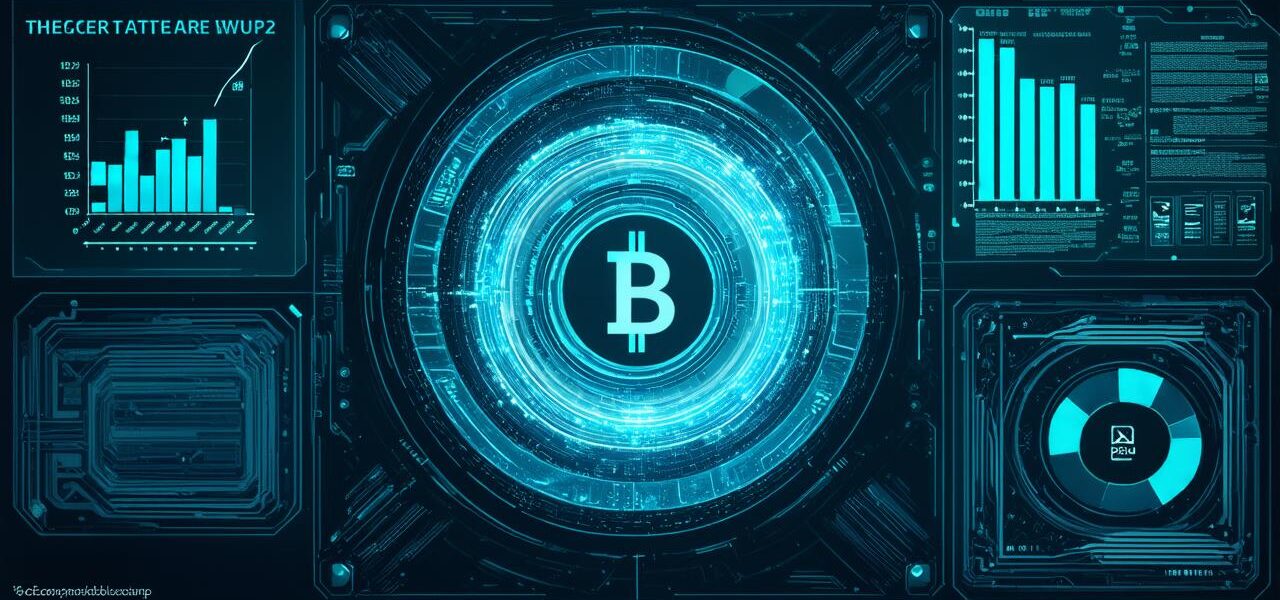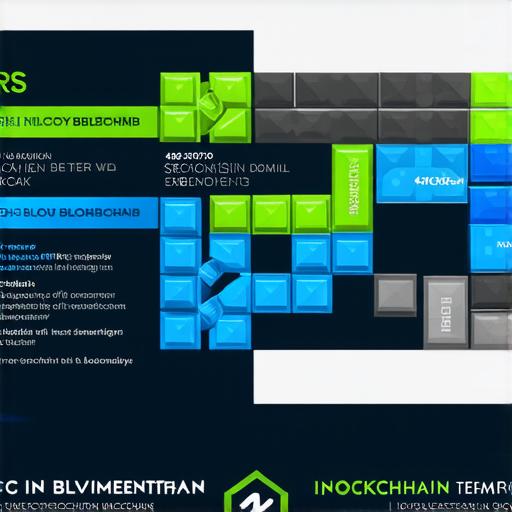
Exploring the Latest Developments in Blockchain Technology

What is Blockchain Technology?
Blockchain technology is a distributed ledger system that records all transactions on multiple computers in a network. Each block in the chain contains a set of transactions, and every time new data is added, it is verified and added to the existing block. Once a block is full, it is added to the chain, creating an immutable record that cannot be changed or deleted.
The most well-known example of blockchain technology is Bitcoin, a decentralized digital currency that allows for secure peer-to-peer transactions without the need for banks. However, blockchain technology has many other applications beyond cryptocurrencies.
Latest Developments in Blockchain Technology
1. Smart Contracts
Smart contracts are self-executing programs that run on a blockchain network. They allow for the automation of complex transactions and the removal of intermediaries, making them more efficient and cost-effective than traditional contracts. Smart contracts can be programmed to execute automatically when certain conditions are met, such as the delivery of goods or the payment of funds.
One example of a smart contract is the Ethereum platform, which allows for the creation of decentralized applications (dApps) that can run on a blockchain network. dApps can be used for a wide range of purposes, including supply chain management, voting systems, and identity verification.
2. Decentralized Storage
Decentralized storage is a blockchain-based solution that allows for secure and transparent data storage without the need for centralized servers. By storing data on a distributed network, decentralized storage provides better security, scalability, and resilience than traditional storage solutions.
One example of decentralized storage is IPFS (InterPlanetary File System), which uses a peer-to-peer network to store and share files. IPFS is faster, more secure, and more cost-effective than centralized storage solutions like Dropbox or Google Drive.
3. Supply Chain Management
Blockchain technology has the potential to revolutionize supply chain management by providing transparency, traceability, and security for all transactions in the supply chain. By using a blockchain network to track products from production to delivery, companies can ensure that their products are authentic, safe, and ethically sourced.
One example of a company using blockchain technology for supply chain management is Walmart. The retail giant has partnered with IBM to create a blockchain-based platform that allows for the tracking of food products from farm to shelf. By using blockchain technology, Walmart can ensure that its products are safe and ethically sourced, reducing the risk of foodborne illnesses and improving consumer trust.
4. Identity Verification
Identity verification is a critical process in many industries, including finance, healthcare, and government. However, traditional identity verification processes are often slow, expensive, and prone to errors. Blockchain technology can provide a faster, more secure, and more cost-effective solution by allowing for decentralized identity verification.
One example of a company using blockchain technology for identity verification is Civic. The startup has created a platform that allows users to create a digital identity that can be used across multiple applications and services. By using blockchain technology, Civic provides users with greater control over their personal data and reduces the risk of identity theft.
FAQs
Q: What is blockchain technology?
A: Blockchain technology is a distributed ledger system that allows for secure and transparent transactions without intermediaries.
Q: What are some examples of blockchain technology beyond cryptocurrencies?
A: Smart contracts, decentralized storage, supply chain management, identity verification, and more.
Q: How does blockchain technology provide better security than traditional solutions?
A: By using a distributed network to store and share data, blockchain technology provides better security, scalability, and resilience than traditional solutions.
Conclusion
Blockchain technology is transforming industries by providing secure, transparent, and efficient solutions for complex transactions. From smart contracts to decentralized storage, supply chain management to identity verification, blockchain technology has the potential to revolutionize many aspects of our lives. As the technology continues to evolve, we can expect to see even more innovative use cases emerge in the future.



